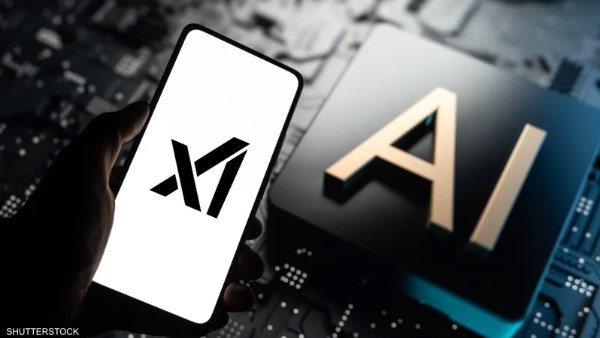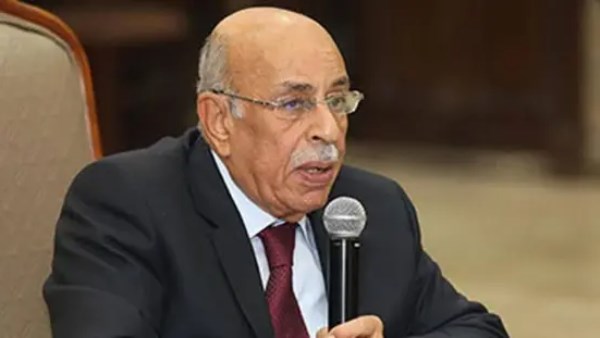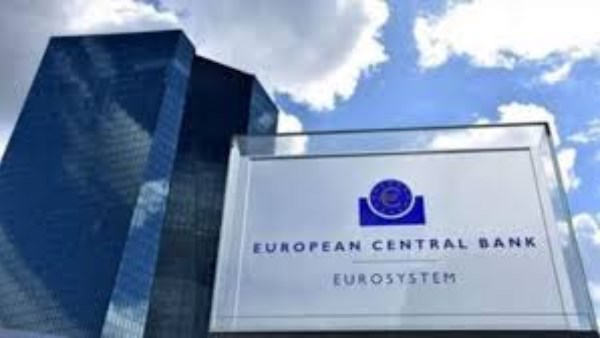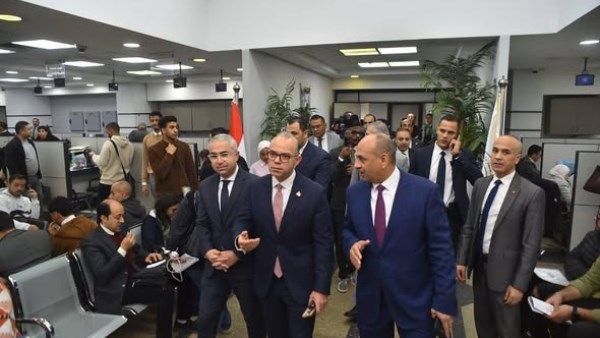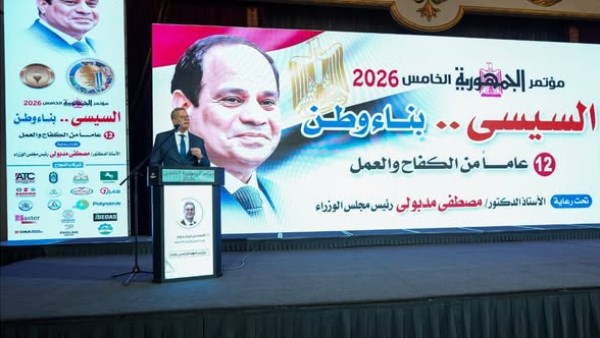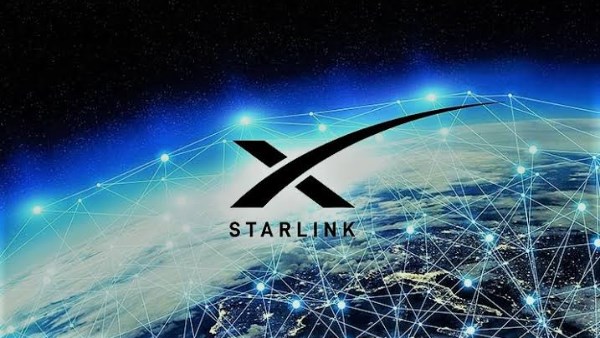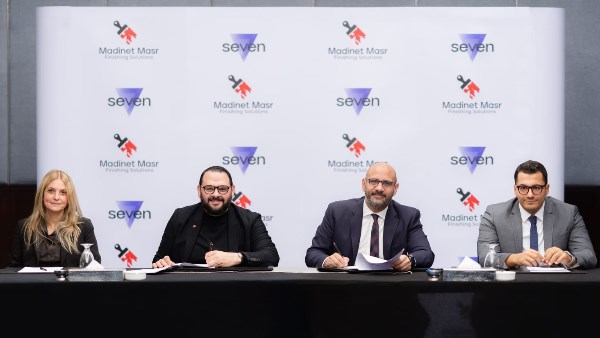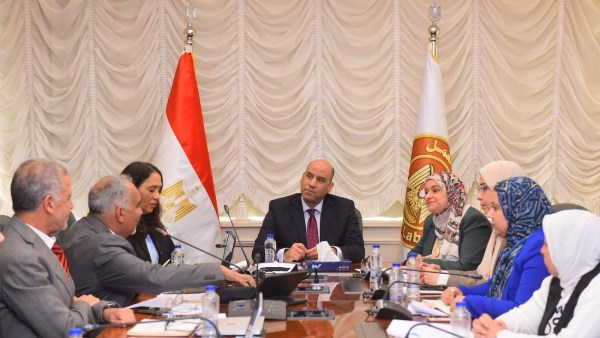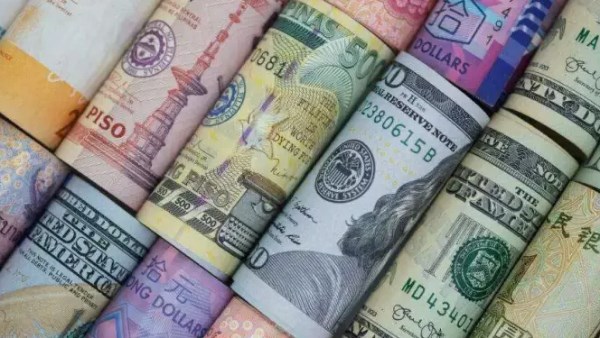
U.S.-China tensions escalated in April
China’s Xi says the world faces ‘peace or war’ as Trump claims Beijing conspiring against U.S.

Chinese President Xi Jinping said Wednesday that the world was facing a choice of “peace or war” and “dialogues or confrontation” as the country hosts its largest military parade commemorating the 80th anniversary of the end of World War II.
The speech came as U.S. President Donald Trump in a post on Truth Social urged the Chinese leader to recognize U.S. contributions to helping secure China’s freedom, while alleging that Beijing was conspiring against Washington.
“Please give my warmest regards to Vladimir Putin, and Kim Jong Un, as you conspire against The United States of America,” Trump said.
Russian President Vladimir Putin and North Korea’s Kim Jong Un are among the leaders from more than 20 countries attending the “Victory Day” military parade in Beijing at Tiananmen Square. China is hosting a reception following the parade, and an evening gala.
It is unlikely that the gathering of Putin and Kim in Beijing would derail the ongoing U.S.-China trade talks as both sides appeared to favor moving toward a deal in the coming months, said Neil Thomas, fellow for China politics at Asia Society.
That said, “the fact that China has this increased gravitational pull in regional diplomacy is telling about the progress that it [has] been able to make, especially when there’s increased uncertainty about whether Washington wants to do trade and investment deals with countries in Asia,” he added.
U.S.-China tensions escalated in April with steep tit-for-tat tariffs. The two sides have since agreed to remove most of the added duties until mid-November, with hopes that an in-person meeting of Trump and Xi in coming months could ease the friction.
In his speech Wednesday, Xi also pledged to bolster the country’s military capabilities.
Without naming Taiwan, the democratically self-ruled island that China claims as its own, Xi emphasized the role of Chinese military in defending the country’s sovereignty and territorial integrity, according to a CNBC translation of his speech in Chinese.
The parade featured missiles, military trucks, tanks, autonomous vehicles and other equipment rumbling past Tiananmen Square, soldiers goose-stepping in formation and fighter jets roaring over the capital, as China showcases its military prowess.
The heavily choreographed event was designed to showcase some of the country’s domestically made, newer weapons and equipment.
Official parade narrators also highlighted China’s efforts focused on ensuring internet and information security.
“The foreign delegations in attendance will demonstrate shifting patterns in Chinese influence, with Western leaders largely absent,” Jeremy Chan, senior analyst, China and northeast Asia, Eurasia Group, said in a note. He pointed out that eight leaders from Southeast Asia will attend, reflecting China’s growing regional influence.
“South Korea’s president declined China’s invitation, while Kim’s surprise attendance is a sign of warming ties between Beijing and Pyongyang,” Chan said. “China is likely seeking to keep Kim close in the face of growing cooperation between North Korea and Russia, as well as renewed diplomatic outreach from Seoul and Washington to Pyongyang.”
North Korea has reportedly sent troops to Russia in support of its war against Ukraine, while Beijing has refused to call Moscow’s attack an invasion and sought to take on a peacemaker role. The U.S. has accused Beijing of supporting Russia’s military, which China has denied.





-1120252475029447.jpg)



